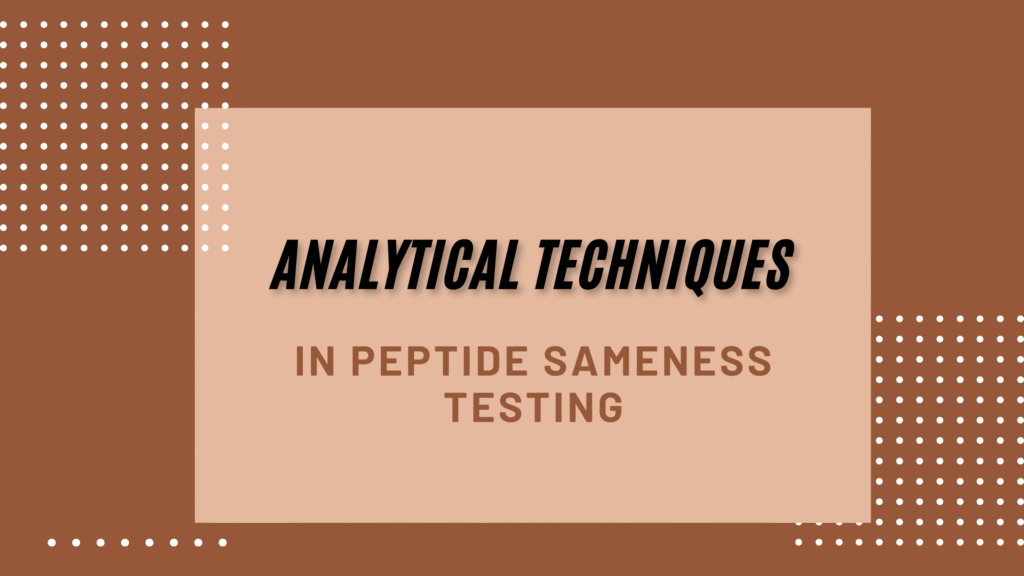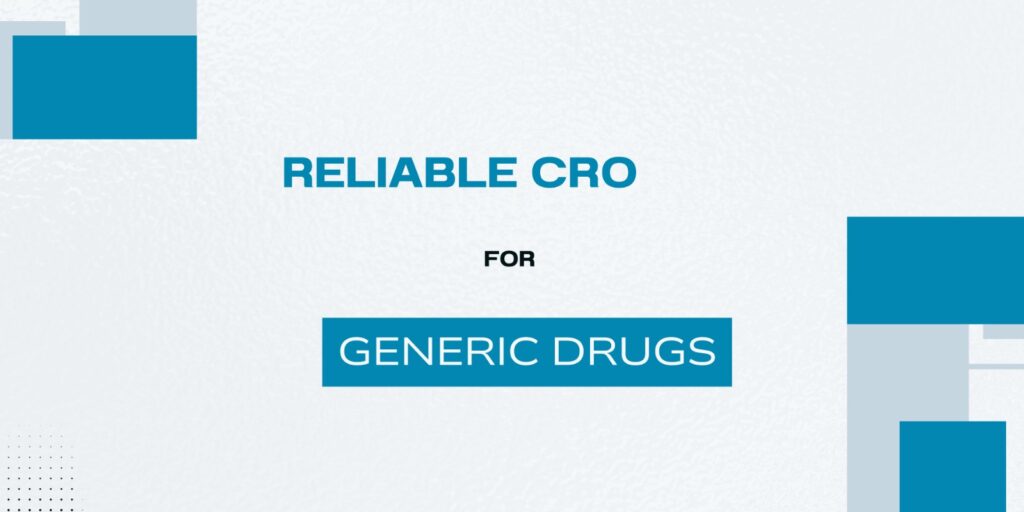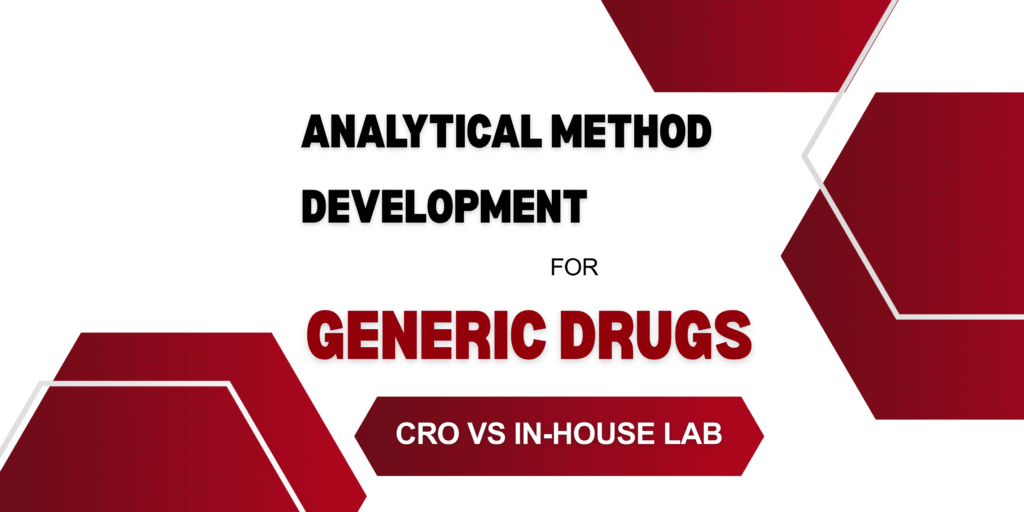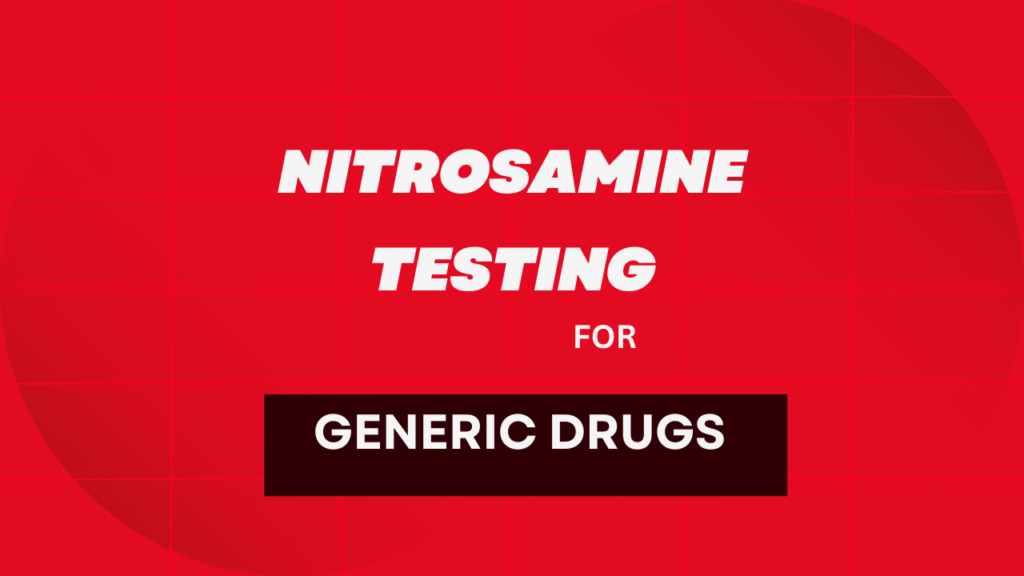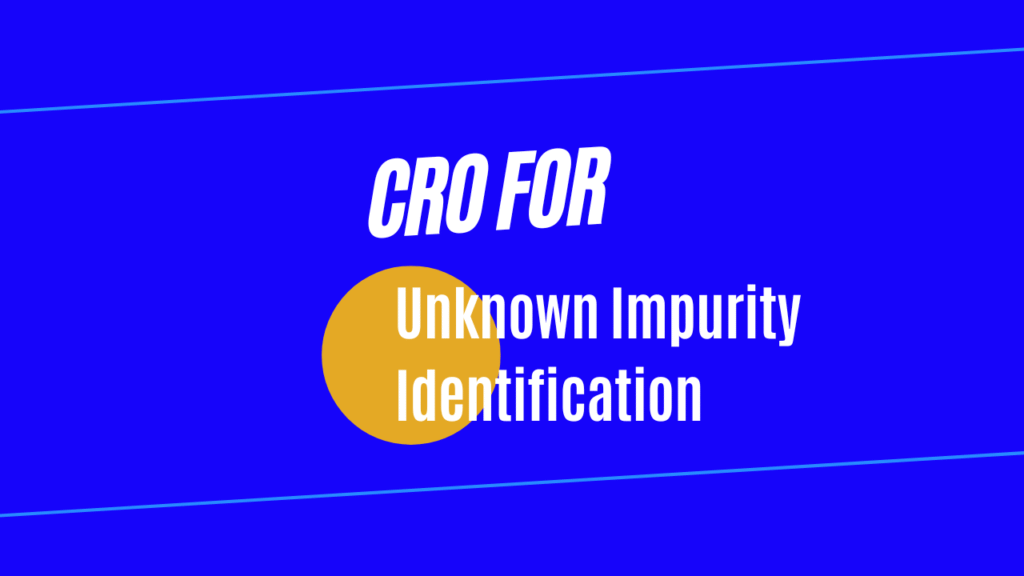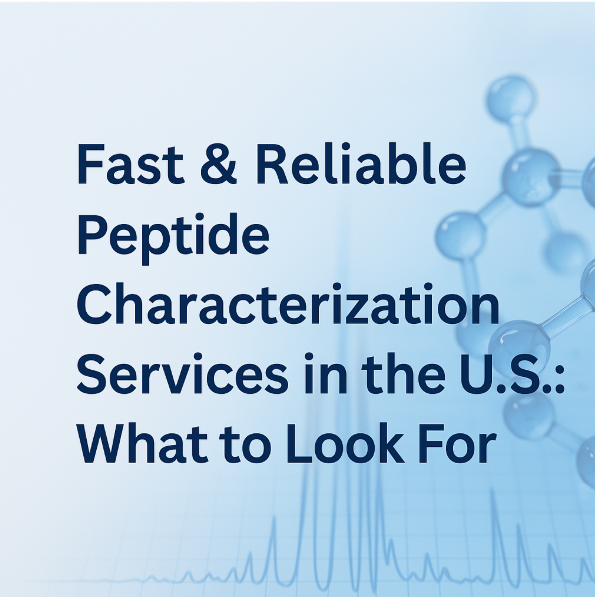
Peptides play a vital role in modern pharmaceuticals, diagnostics, and therapeutic development. As biopharmaceutical companies, research institutions, and CROs across the U.S. continue to expand their peptide-related research, the demand for high-quality, fast and reliable peptide characterization services in the United States has grown significantly. Peptide characterization involves a suite of analytical techniques used to verify identity, purity, structure, and stability. Without proper characterization, the development and regulatory approval of peptide-based drugs can face critical setbacks.
This blog provides an in-depth guide on what to look for when selecting a peptide characterization partner in the U.S., with insights into regulatory requirements, advanced analytical techniques, service quality indicators, and how ResolveMass Laboratories Inc. stands out as a trusted provider of peptide characterization service in the United States.
1. What is Peptide Characterization?
Peptide characterization is the comprehensive analysis of synthetic or natural peptides to determine their chemical and physical properties. It encompasses several aspects:
- Amino acid sequencing
- Mass determination (molecular weight)
- Purity assessment
- Post-translational modifications (PTMs)
- Secondary and tertiary structure evaluation
- Impurity profiling
These analyses help confirm the identity, quality, and functional integrity of peptide samples before preclinical or clinical application.
Why is Peptide Characterization Important?
- Regulatory compliance with FDA/ICH guidelines
- Ensures therapeutic efficacy and safety
- Supports CMC documentation in IND/NDA submissions
- Detects degradation or instability early in development
According to a study on the importance of peptide analytics in pharmaceutical development, proper characterization ensures a robust quality profile and supports regulatory approval pathways.
2. Common Techniques Used in Peptide Characterization
A. Mass Spectrometry (MS)
- LC-MS/MS and MALDI-TOF for molecular weight, sequencing, and PTM analysis.
- High sensitivity for impurity detection.
B. High-Performance Liquid Chromatography (HPLC)
- Used for purity assessment and separation of isomers.
- RP-HPLC and ion exchange HPLC are commonly applied.
C. Amino Acid Analysis (AAA)
- Quantifies the presence and concentration of amino acids post-hydrolysis.
D. NMR Spectroscopy
- Elucidates structural conformation in solution.
E. Circular Dichroism (CD) Spectroscopy
- Investigates secondary structure elements such as alpha-helices or beta-sheets.
F. UV/Vis Spectroscopy
- Determines concentration and extinction coefficient.
Each technique plays a unique role in fully understanding peptide behavior and stability in various environments .
3. Regulatory Expectations for Peptide-Based Drug Products
The U.S. Food and Drug Administration (FDA) and ICH Q6A/Q6B guidelines require thorough characterization of new molecular entities (NMEs), including peptides. Requirements include:
- Identity testing using orthogonal techniques (e.g., MS and NMR)
- Impurity and degradation product profiling
- Biological activity confirmation (if applicable)
- Stability data under various storage conditions
Failure to meet these expectations can delay Investigational New Drug (IND) filings and compromise product safety.
4. Key Qualities to Look for in a Peptide Characterization Service Provider
A. Turnaround Time and Reliability
Fast timelines are critical for drug development pipelines. Look for providers who offer rapid TAT (turnaround time) without compromising quality.
B. Technical Expertise
Providers must demonstrate proficiency in complex peptide analysis, especially with modified or cyclic peptides.
C. Equipment and Technology
Choose labs equipped with cutting-edge tools such as HR-MS, Orbitrap, Q-TOF, and 800 MHz NMR.
D. Regulatory Knowledge
Understanding FDA, EMA, and ICH regulations is essential for compliant data generation.
E. Customization and Scalability
Each peptide project is unique—flexibility in method development is vital.
F. Data Integrity and Documentation
Ensure providers offer 21 CFR Part 11-compliant documentation for submission.
ResolveMass Laboratories Inc. embodies all these features, offering U.S.-based clients a robust solution for their peptide development needs.
5. Role of Impurity Identification and Profiling
Impurities in peptides can arise from synthetic side reactions, degradation, or contamination. Profiling these is critical to ensure safety and meet FDA guidelines. Common types include:
- Truncated sequences
- Racemization by-products
- Protecting group remnants
- Aggregation products
Modern LC-MS/MS techniques help identify these impurities efficiently
6. Why Choose ResolveMass Laboratories Inc. for Peptide Characterization in the U.S.
ResolveMass Laboratories Inc. offers:
- U.S. and Canada-based analytical labs
- ISO 17025 and GLP-compliant methods
- Advanced LC-MS/MS, HRMS, NMR, and CD spectroscopy
- Customized analytical packages
- Regulatory submission-ready data packages
With proven expertise across multiple therapeutic areas, our peptide characterization services in the United States are trusted by biopharma, academia, and CDMOs alike.
7. Case Studies: Accelerated Development Through Expert Characterization
Case Study 1: Cyclic Peptide Degradation Study
ResolveMass identified instability at specific pH conditions and recommended formulation changes that enhanced shelf life.
Case Study 2: Impurity Identification in Clinical Peptide API
High-resolution MS enabled identification of a non-chromophoric side-product, allowing successful FDA submission.
These studies highlight the value of precise, fast, and reliable characterization.
8. Future Trends in Peptide Characterization
- AI-assisted spectral interpretation
- Microfluidic peptide analyzers
- Real-time process analytical technology (PAT)
- Multi-omics integration for functional peptide studies
These innovations are poised to revolutionize peptide development, making reliable characterization services even more critical.
REFERENCES
- Hoofnagle AN, Whiteaker JR, Carr SA, Kuhn E, Liu T, Massoni SA, Thomas SN, Townsend RR, Zimmerman LJ, Boja E, Chen J. Recommendations for the generation, quantification, storage, and handling of peptides used for mass spectrometry–based assays. Clinical chemistry. 2016 Jan 1;62(1):48-69.
- Wilkins MR, Lindskog I, Gasteiger E, Bairoch A, Sanchez JC, Hochstrasser DF, Appel RD. Detailed peptide characterization using PEPTIDEMASS–a World‐Wide‐Web‐accessible tool. Electrophoresis. 1997;18(3‐4):403-8.
- Frank A, Tanner S, Bafna V, Pevzner P. Peptide sequence tags for fast database search in mass-spectrometry. Journal of proteome research. 2005 Aug 8;4(4):1287-95.
- Park CY, Klammer AA, Kall L, MacCoss MJ, Noble WS. Rapid and accurate peptide identification from tandem mass spectra. Journal of proteome research. 2008 Jul 3;7(7):3022-7.
Analytical Techniques Used in Peptide Sameness Testing
Introduction: Peptide Sameness Testing Methods are advanced analytical strategies used to demonstrate that a generic…
What Makes a CRO Reliable for Complex Generic Molecules?
Introduction Selecting a Reliable CRO for Generic Drugs becomes more challenging when dealing with advanced…
Analytical Method Development for Generic Drugs: CRO vs In-House Lab
Introduction Analytical Method Development for Generic Drugs is one of the most important scientific and…
Peptide Sameness Study Services in United States – How to Choose the Right CRO
Introduction: Peptide Sameness Study Services in United States are essential analytical programs designed to demonstrate…
Nitrosamine Testing for Generic Drugs: Selecting the Right CRO
Introduction Nitrosamine Testing for Generic Drugs has become a regulatory-critical and business-sensitive requirement in today’s…
Case Study: Unknown Impurity Identification in a Generic Drug Product
Introduction: The detection and characterization of unknown impurities in generic drug products is a critical…
